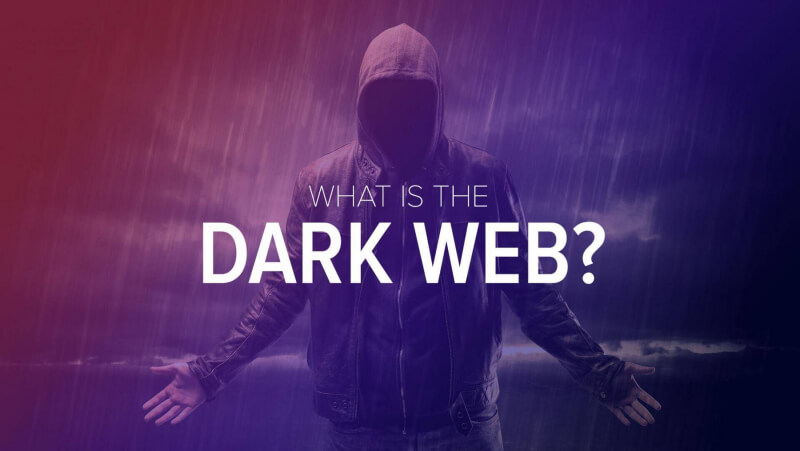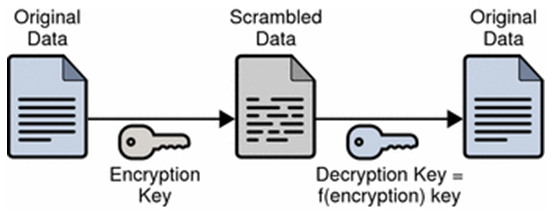Introduction to the Dark Web

The dark web – sounds ominous, right? But it’s not just a mysterious corner of the internet filled with hackers and criminals. Think of it as a hidden alleyway, where anonymity reigns. Some people use it for privacy, others for shady dealings. Curious about how it works? You’ve come to the right place.
What Is the Dark Web?
The internet has layers, like an onion. The surface web is the part you use daily – Google, Facebook, and your favorite news sites. Beneath that lies the deep web, filled with databases and private sites you can’t find on search engines. But the dark web? It’s a different beast. Accessible only through special software, it’s where people go to stay anonymous.
Difference Between the Surface Web, Deep Web, and Dark Web
- Surface Web: The part of the internet indexed by search engines like Google.
- Deep Web: Websites hidden behind logins, such as email inboxes or online banking portals.
- Dark Web: Requires specific tools like the Tor Browser to access. Think of it as a secret club that requires an invitation to enter.
Why People Access the Dark Web?
Not everything on the dark web is illegal! Some users browse it to escape censorship, whistleblowers use it to leak information safely, and journalists connect with sources anonymously. But yes, it also hosts illegal marketplaces and forums for cybercriminals.
How the Dark Web Works
Understanding Tor (The Onion Router)
Tor, the gateway to the dark web, routes your internet traffic through a network of servers worldwide, making it hard to track you. Think of it as mailing a letter through multiple post offices before it reaches the destination.
Encryption and Anonymity: The Core of the Dark Web

Every message sent via the dark web is encrypted, like locking it in a box with multiple padlocks. This is why it’s both a haven for privacy advocates and a playground for criminals.
Is It Legal to Access the Dark Web?
Legal vs. Illegal Activities on the Dark Web
It’s perfectly legal to access the dark web! The catch is what you do there. Buying illegal drugs? Definitely a crime. Reading censored news articles? Legal.
Risks of Accessing Illegal Content
Be warned: if you wander into illegal corners of the dark web, you could face serious legal consequences. Some activities are not just risky – they’re downright dangerous.
Preparing to Access the Dark Web
Setting Up a Secure Environment
Before you dive in, it’s essential to protect yourself. The dark web can be like the wild west – you’ll want to bring some armor.
Using a VPN: The First Layer of Security

A VPN (Virtual Private Network) hides your IP address and ensures your ISP doesn’t know you’re using Tor. This adds an extra layer of anonymity.
Creating an Anonymous Email Address
You’ll need a new email address, one not linked to your real identity, for accessing certain sites on the dark web. Try ProtonMail or Tutanota.
Equipment Checklist: What You Need
- A reliable computer or device
- Tor Browser
- VPN service
- Anonymous email address
A Step-by-Step Guide to Accessing the Dark Web
Step 1: Download and Install Tor Browser
Head to the official Tor website and download the browser for your device.
Step 2: Set Up Your VPN Before Opening Tor
Activate your VPN to ensure your internet traffic is encrypted from the start.
Step 3: Launch Tor and Adjust Security Settings
Increase your security settings within Tor to block scripts and other malicious code.
Step 4: Access Hidden Websites (.onion Links)
Search for directories that list .onion sites or use specialized search engines like DuckDuckGo on Tor.
Navigating the Dark Web Safely
Avoiding Scams and Malware
Not every site is trustworthy. Stick to well-known resources to avoid falling for scams.
Conclusion: Is the Dark Web Worth Exploring?
The dark web isn’t inherently good or bad – it’s a tool. Like a knife, it depends on how you use it. Proceed with caution, stay anonymous, and avoid the illegal stuff.
FAQs About Accessing the Dark Web
1. Is the dark web illegal?
No, accessing the dark web is not illegal. However, engaging in illegal activities there is punishable by law.
2. Do I need a VPN to access the dark web?
It’s highly recommended to use a VPN for added security and anonymity.
3. Can I be tracked on the dark web?
With the right precautions, tracking becomes difficult. However, nothing is 100% foolproof.
4. What can I safely do on the dark web?
You can browse forums, access research databases, and read censored information safely.
5. What are some legal uses of the dark web?
Journalism, whistleblowing, and communication under oppressive regimes are legitimate uses.
And there you have it! A step-by-step guide to accessing the dark web while staying safe. Happy (and cautious) browsing!
0 Comments